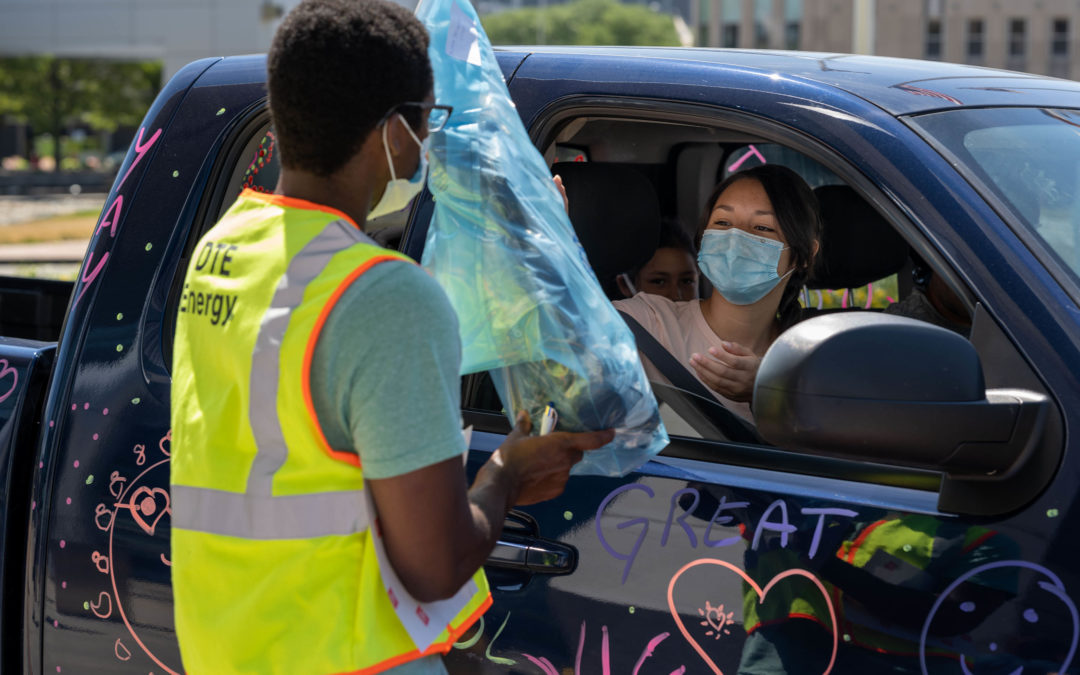Last year at this time, as we were still adapting to working from home, our Workforce Development and Talent Acquisition teams were working to build out a virtual summer internship program. It took a lot of planning and coordination between IT and other business units.
Many companies cancelled their internships last summer, but we knew how important it was to keep our commitments to the many high school and college students who work with us. Not only do young people learn about a variety of jobs, but many learn financial and resume skills and receive mentorship during their time with DTE Energy.
While we were building our program last year, our Workforce Development team developed a toolkit that other companies can use for their own virtual internship programs. We learned a lot last summer. Here are some lessons learned that might be helpful to your team if you’re developing a virtual internship program at your company.
Create engaging programming to build connections in a virtual world. Your internship curriculum should give students opportunities to learn about different careers and ask questions. Set up special Teams rooms or Zoom chats just for students, like a break room; and train employees to be virtual mentors.
Last year, in planning this program, we had to go slow to go fast: rather than react quickly and in response to false assumptions, we forced ourselves to stop and plan — patiently and deliberately, and in ways that integrated the diverse voices of employees.
A year later, we’re planning for another summer of virtual internships. Read more about internships in a virtual workplace and lessons learned in this commentary in Crain’s by our President and CEO, Jerry Norcia. In the video below, we hear from students and staff about the success of the summer program last year.
